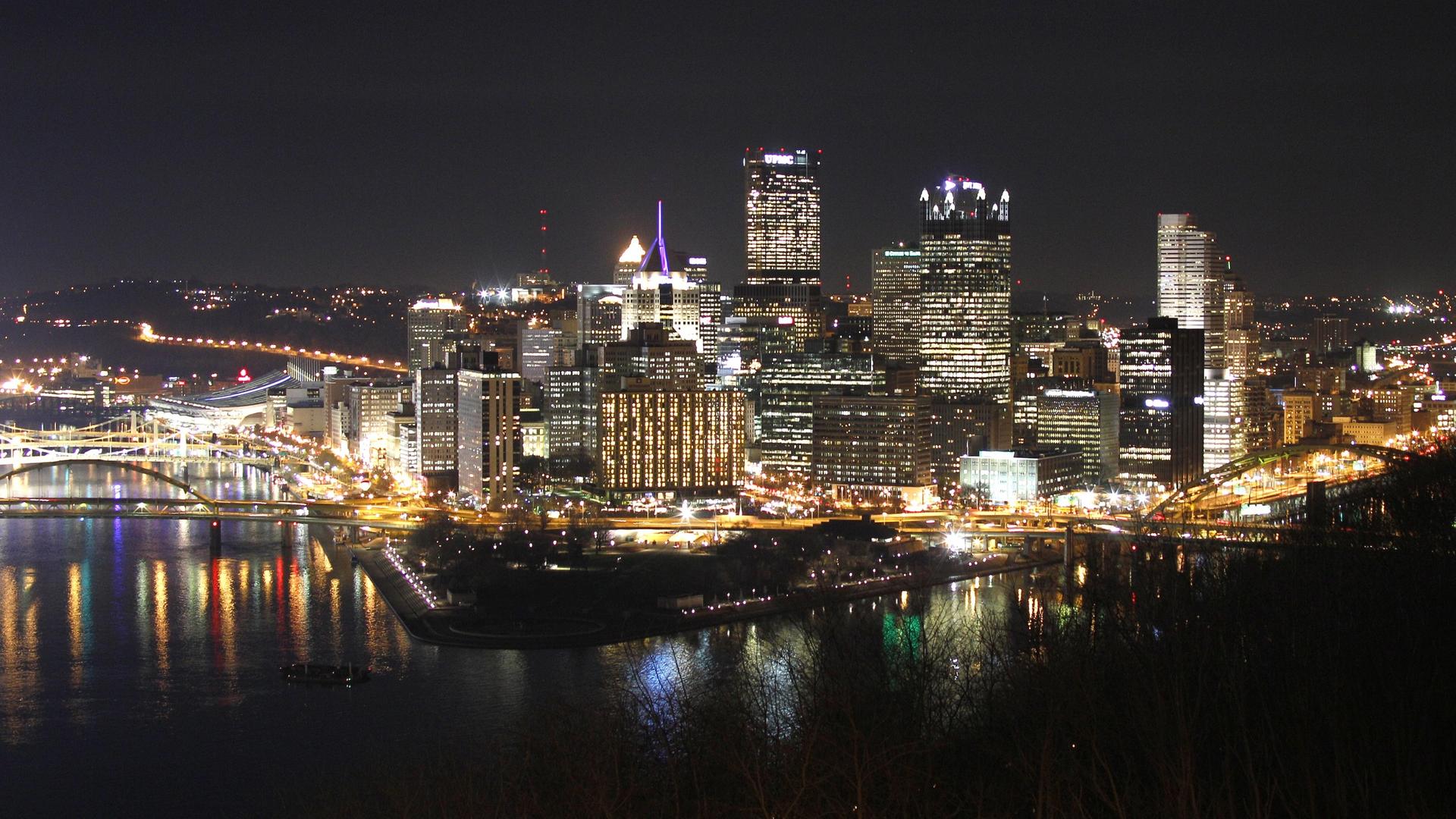Many cities fell out of favor during the coronavirus pandemic as those with means abandoned them for safer pastures — often to the annoyance of both the people left behind and residents of the places they fled to. However, British historian and writer Ben Wilson says our love-hate relationship with cities is an age-old story that has been repeated again and again for over 6,000 years.
In his latest book, “Metropolis: A History of the City, Humankind’s Greatest Invention,” Wilson celebrates the good, the bad and the ugly of all things urban. His hope is that cities of the future will become more affordable, sociable, livable and fun-filled, brimming with culture. We need cities that “we really, really want to be in,” he said, “not just for work but for all the good things that life brings us.”
Three takeaways
- In the last 30 years, the global economy has become increasingly dominated by a few “superstar cities” and city-regions that are highly concentrated centers of wealth. According to Wilson, “by 2025, 440 cities with a collective population of 600 million (7% of all people) will account for half of worldwide gross domestic product.”
- Privileged urban elites have faced a backlash in recent years, leading to deeper political divisions in some countries, including the United States. Throughout history, there has often been distrust of metropolises and their “corrupting” and “seductive” influence, though. Wilson points to the city of Babylon which, in the Old Testament, is described as sinful and ungodly. In the 19th century, Chicago and Manchester, England, were named “shock cities” because of their industrial pollution, poverty, and low life expectancy rates, he says.
- For thousands of years, cities have spurred rapid innovation, creativity and productivity. Today, 1 billion city-dwellers live in slums, shanty towns and favelas. Wilson says people in the slums of Mumbai, Lagos and elsewhere often show great ingenuity and practice a form of DIY urbanism because they receive little-to-no help from weak local governments.
